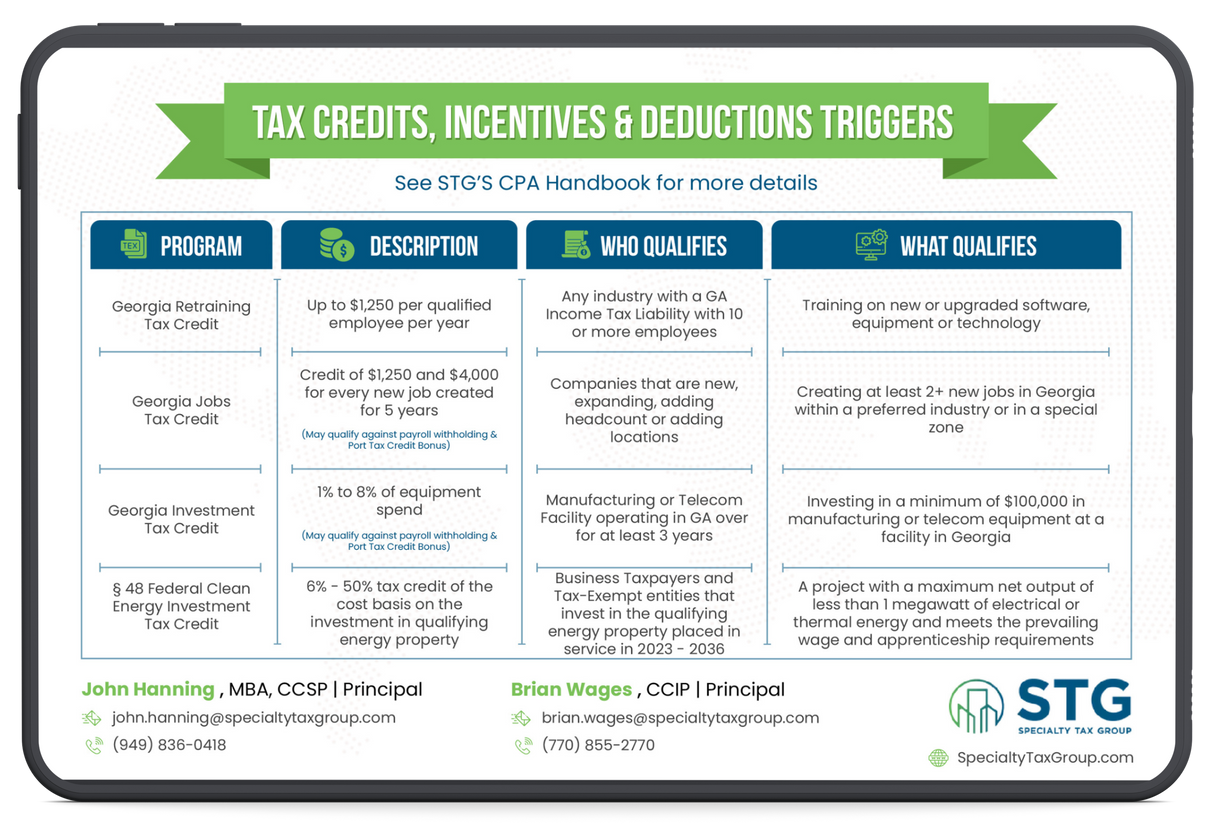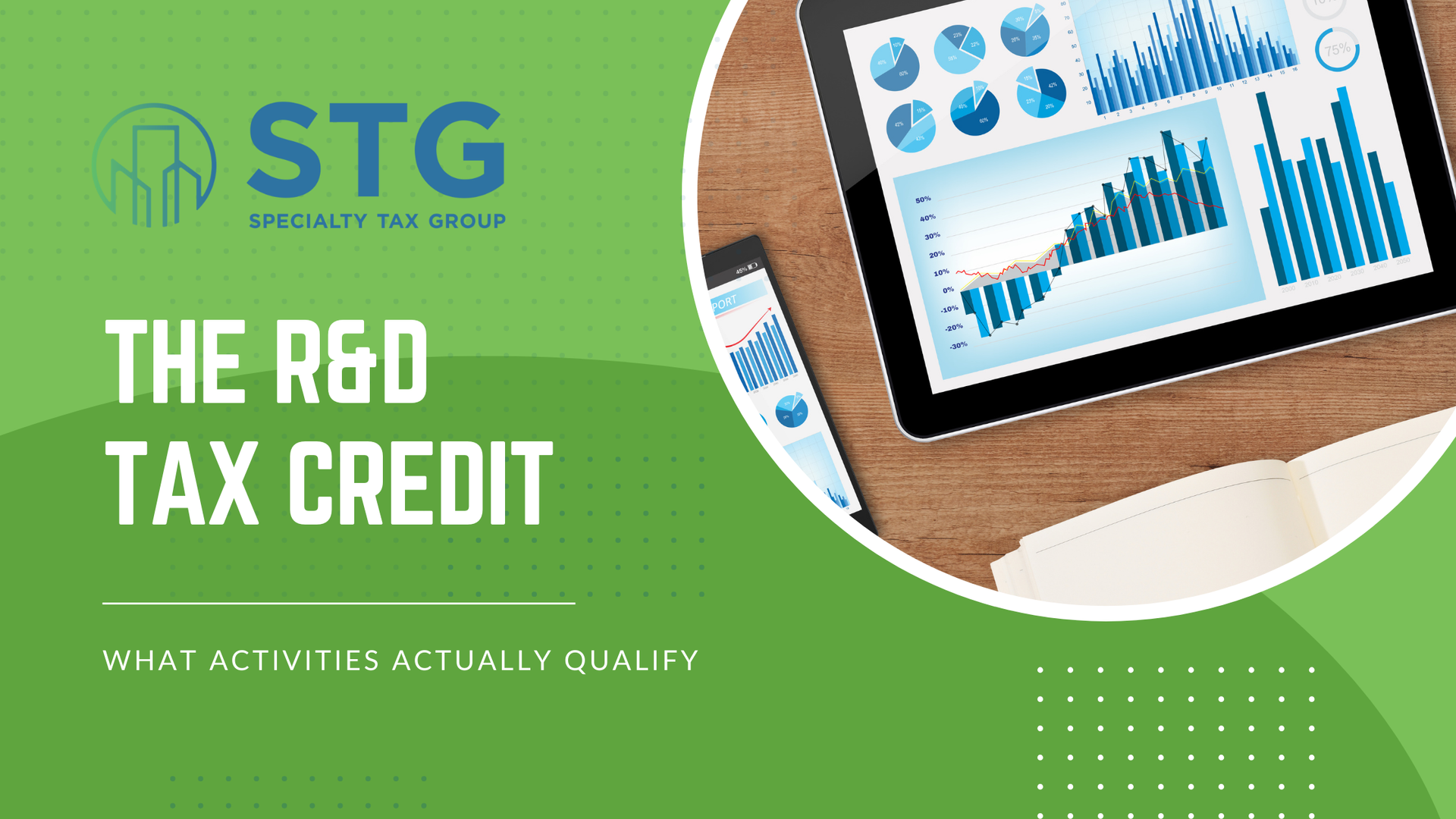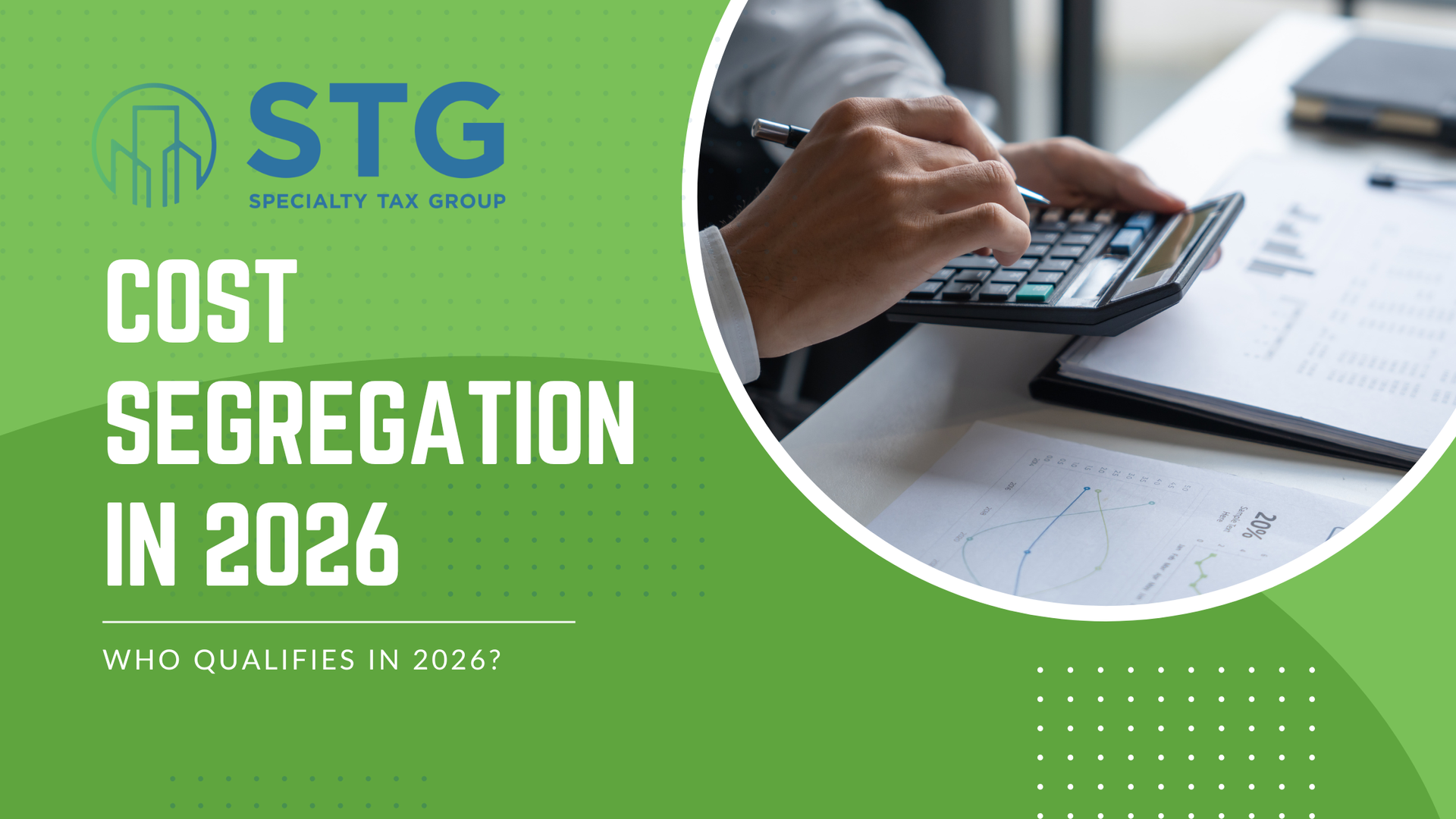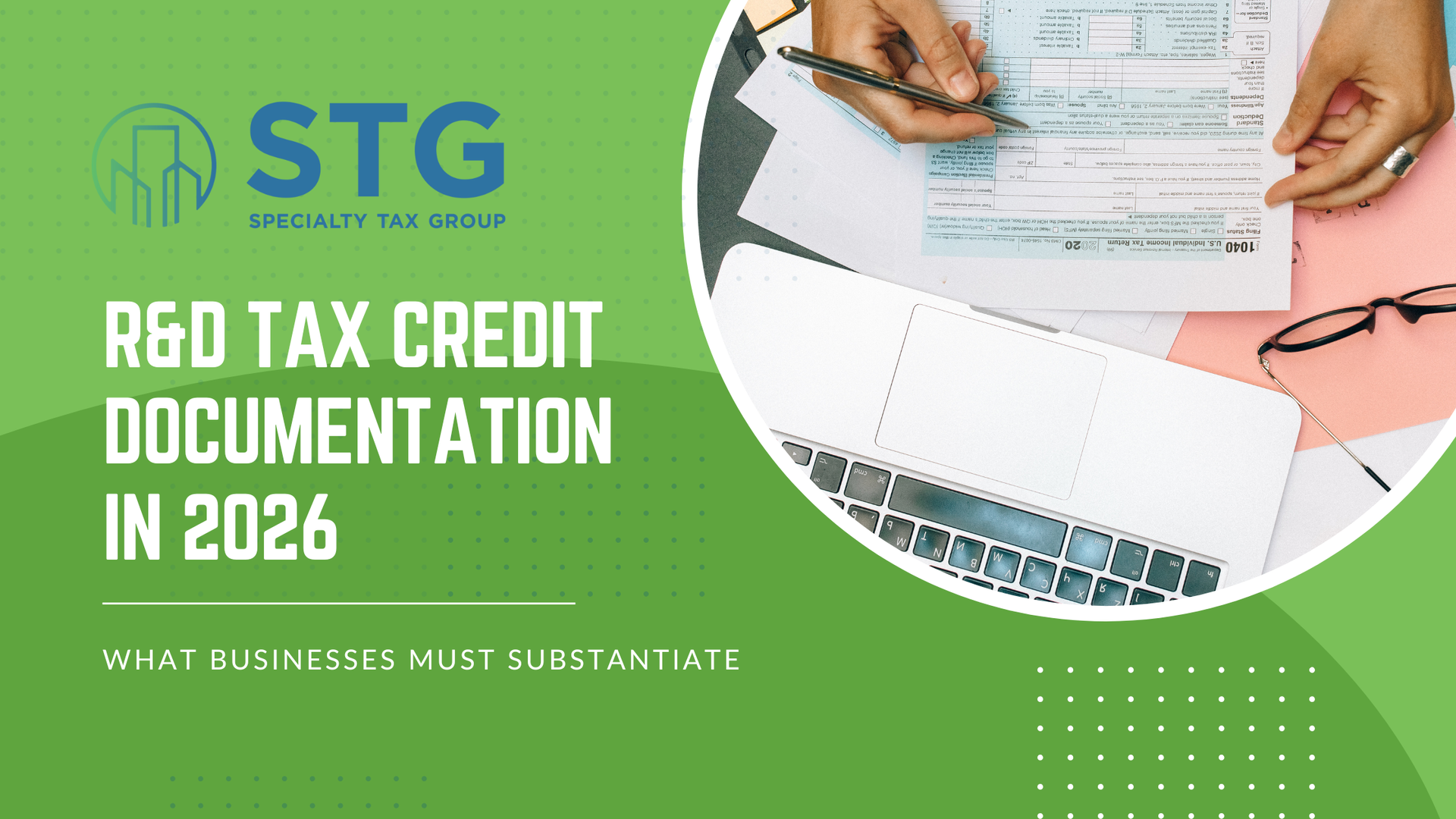This blog post has been researched, edited, and approved by John Hanning and Brian Wages. Join our newsletter below.
October 20, 2021 | Alpharetta, Georgia -- Specialty Tax Group (STG), a tax and accounting consulting group, is proud to announce the hiring of a new project manager, Brian Wages. Founded in 2020, STG is a firm of experienced tax professionals that aims to support capital intensive clients with value-added tax credits and incentives.
Brian Wages is a seasoned professional with over 10 years of experience in state and federal statutory credits, discretionary incentives, and cost segregation. He has built a strong reputation as a tax professional through his previous roles as a senior consultant. He holds a bachelor’s degree in business management from the University of Georgia and is currently working to obtain certification as a certified credits and incentives professional.
“Brian is a well-respected and experienced professional that will undeniably further our commitment to excellence in client service here at STG. We’re excited to support the ongoing success of Brian and look forward to learning from him in his respective areas of expertise,” said John Hanning, founding principal of STG.






